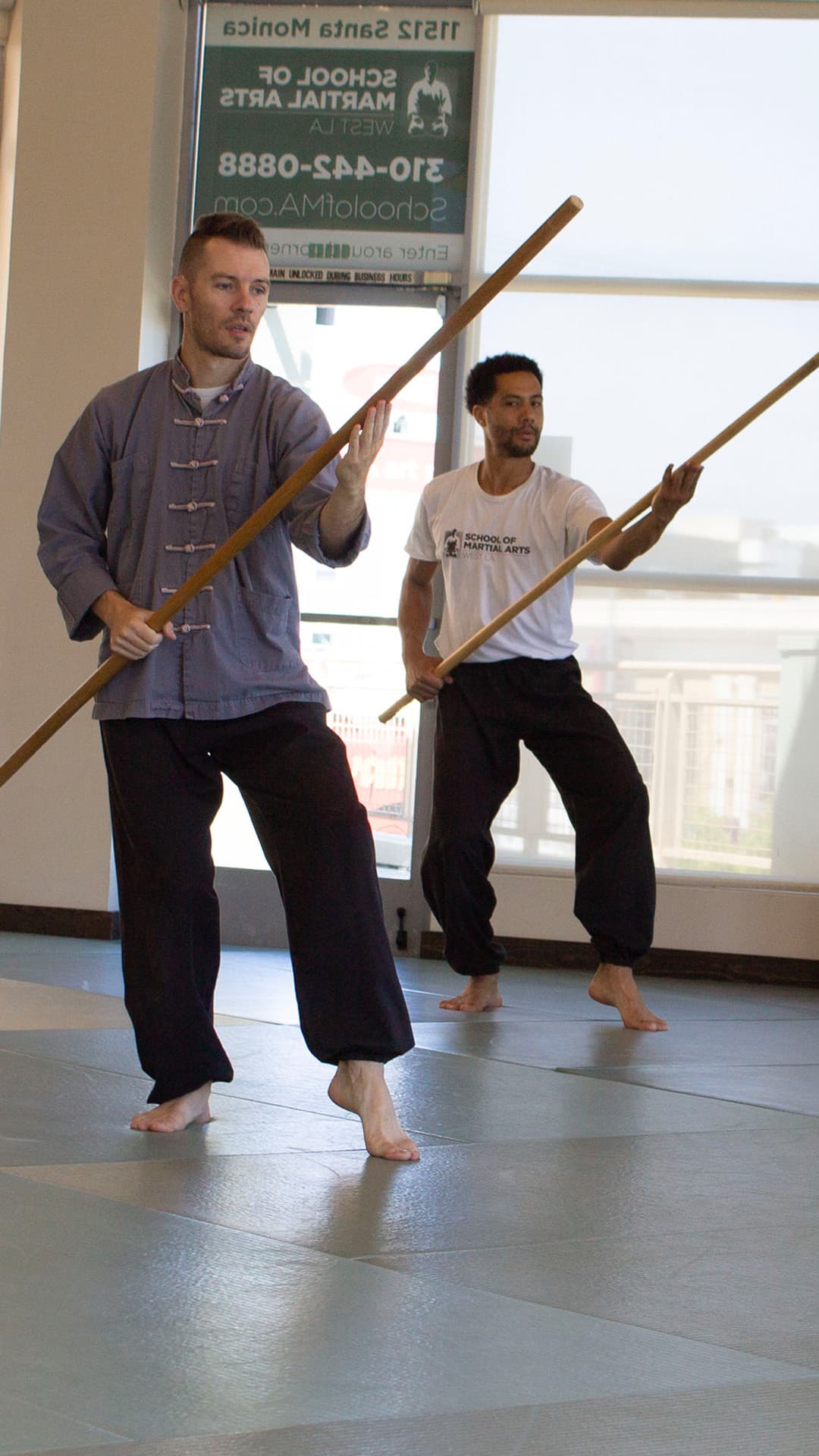Patience: The First Way of Becoming Great at Martial Arts
From Budo Secrets by John Stevens:
An ardent young man petitioned a master swordsman to accept him as a disciple. “I’ll act as your servant and train ceaselessly. How long will it take me to learn everything?”
“At least ten years,” the master replied.
“That’s too long,” the young man protested. “Suppose I work twice as hard as everyone else. Then how long will it take?”
“Thirty years,” the master told him.
“What do you mean?” the young man exclaimed. “I’ll do anything to master swordsmanship as quickly as possible.”
“In that case,” the master said sharply, “you will need fifty years. A person in such a hurry is a poor student.”
The abashed young man was allowed to serve as an attendant on the condition that he neither ask about nor touch a sword. The young man spent the next three years cleaning, cooking, and running errands. One day, however, the master crept up on the young man and whacked him with a wooden sword. Thereafter, the master continued the sneak attacks day and night until the young man developed an acute sixth sense—he could discern at attack before it was delivered.
“Now you are finally ready to learn,” the master told him. Formal instruction began and the student made rapid progress.
Resolve
There are countless stories of martial artists training not their physical technique but mental skill. Of these, many regard the development of patience. Some have made it into TV and movies. In Kung Fu the Series, Kwai Chang Caine waited outside Shaolin temple for days in the rain before being admitted. In Karate Kid, young Daniel is forced to do menial labor for what seemed like forever to an American teenager before the reveal that “wax on, wax off” and “paint the fence” were part of his training all along.
An impatient student doesn’t stand a chance. If becoming great at martial arts is the aim (and who wants to become average?) then we must let go of the constraint that time has on us. The student who insisted that he was willing to work twice as hard as the other students was a making the classic mistake. He was only willing to work hard with the promise of learning faster. As his wise teacher knew all too well, this would only make things more difficult for the student. A watched pot never boils, and the skill of an over-examining martial artist never comes to fruition.
A student once asked me, “How long will it take me to get a black sash?” to which I responded, “That’s the wrong question.”
The stories of patient martial artists waiting in the rain are really stories about resolve. Withholding the teaching (as it seems to the student at the time) is a test to see whether or not a student has the resolve to stick out their training through ups and downs and long periods of time when it seems like no progress is made. This is the experience of every student.
Without this resolve, this surrender to the process, 10 years turns to 30 years, to 50 years, to never. Greatness will be forever out of reach.





Song
Love this lesson.